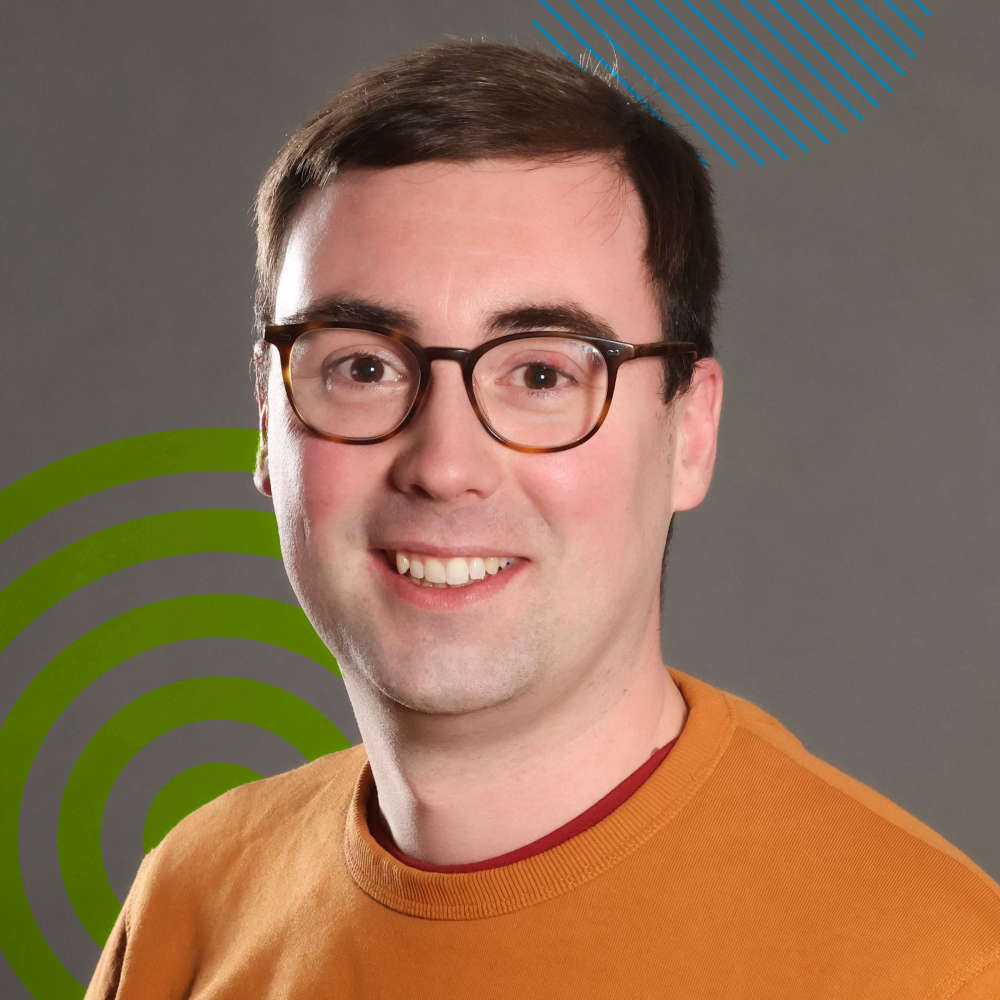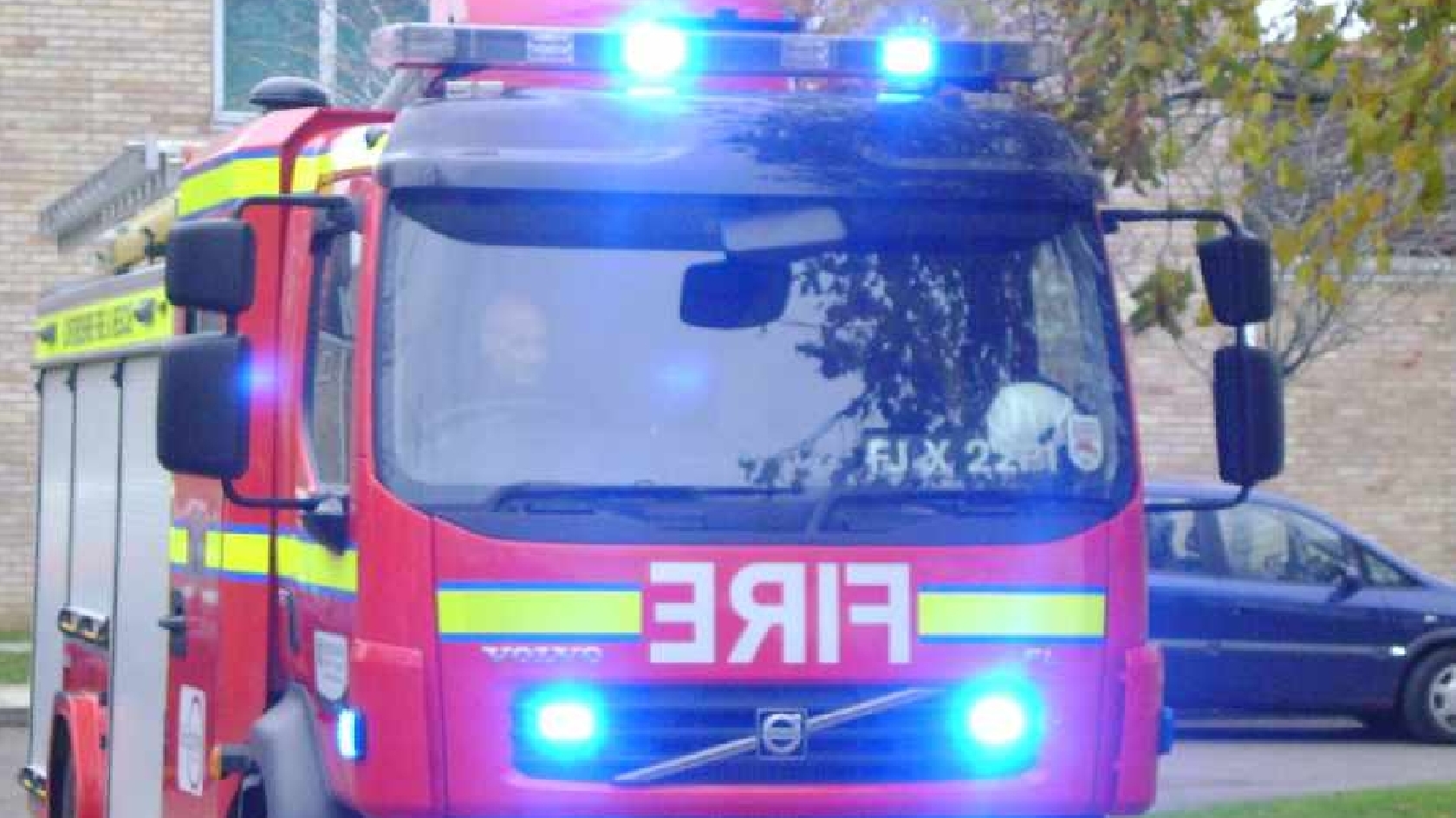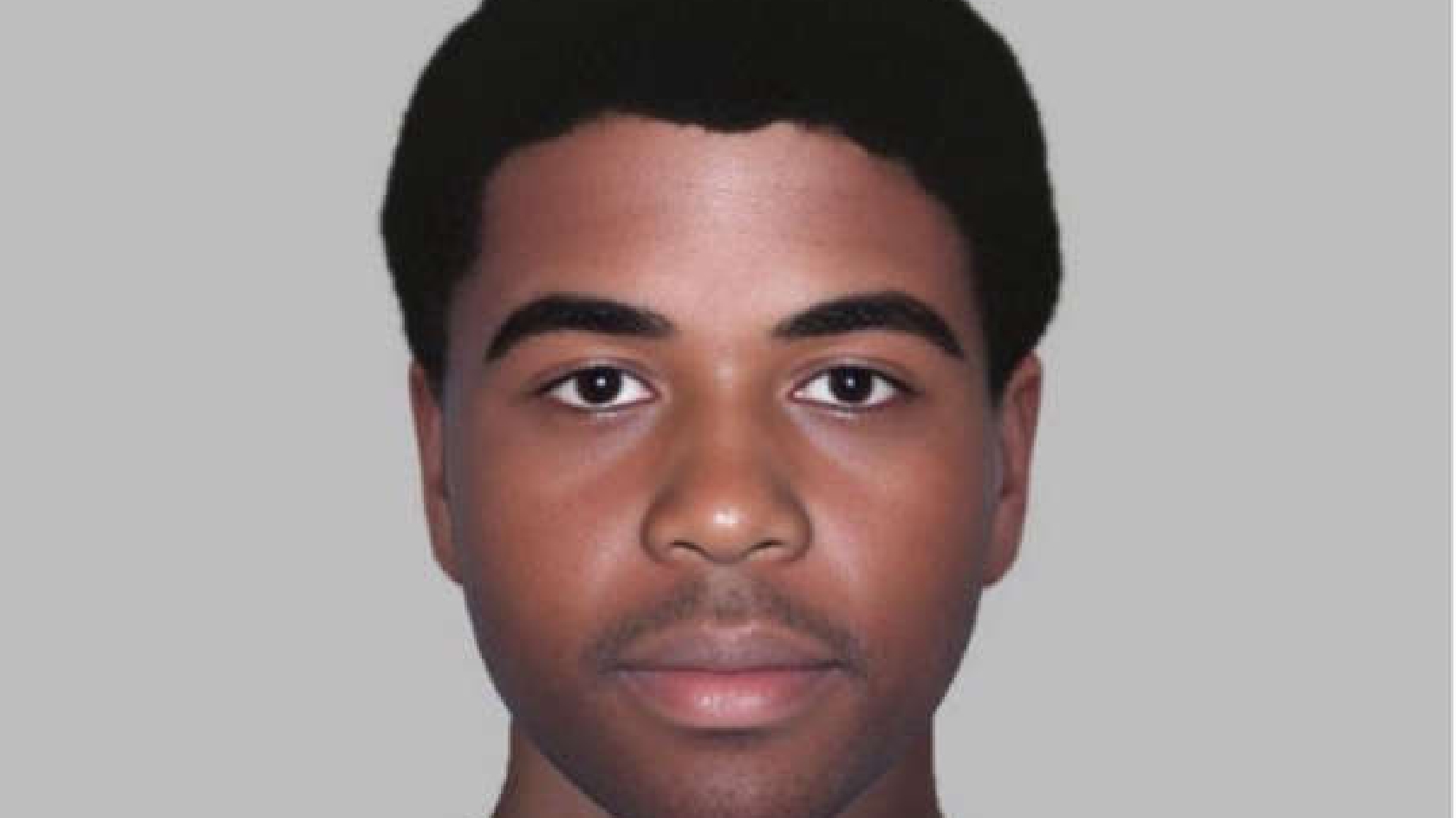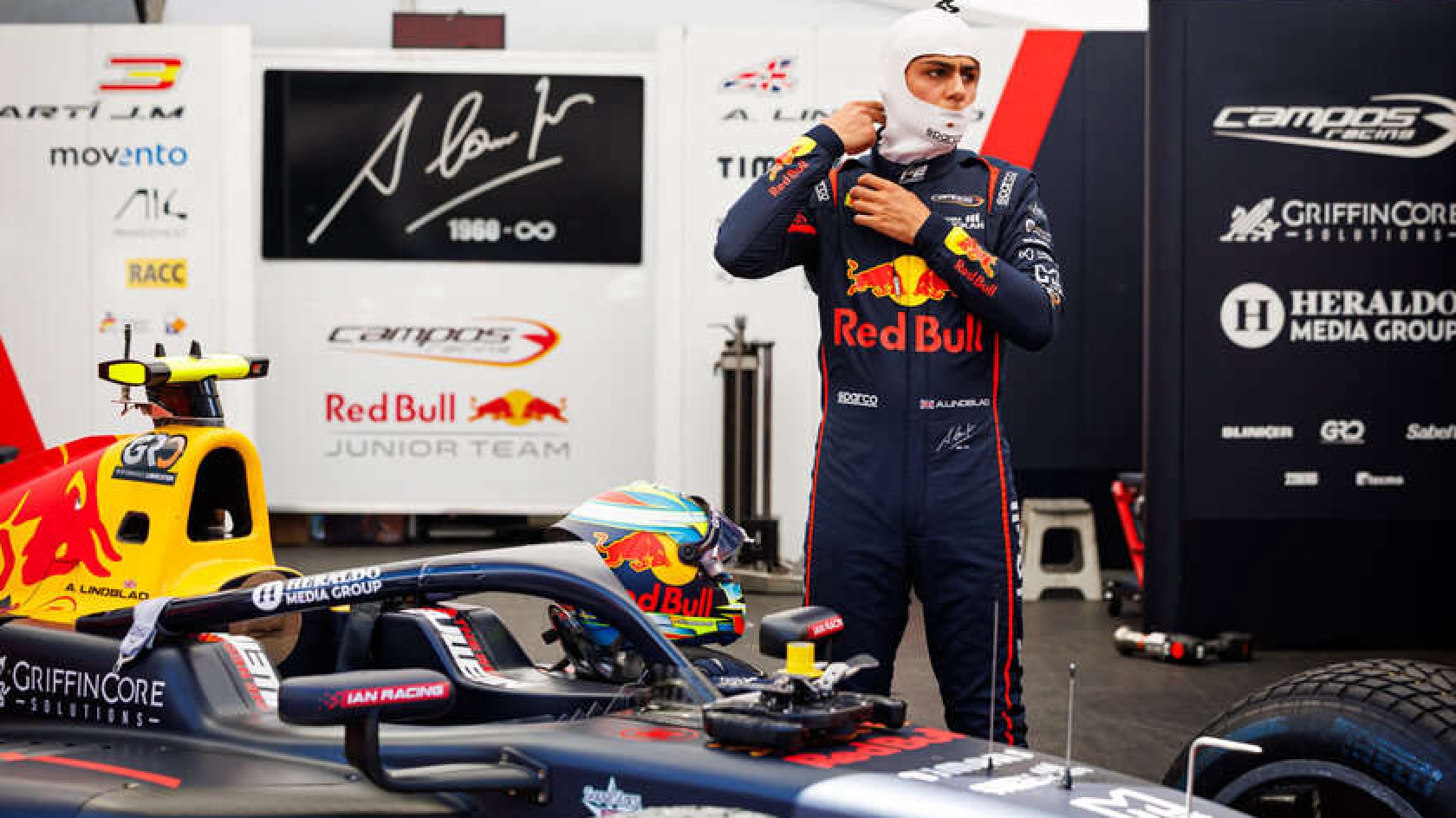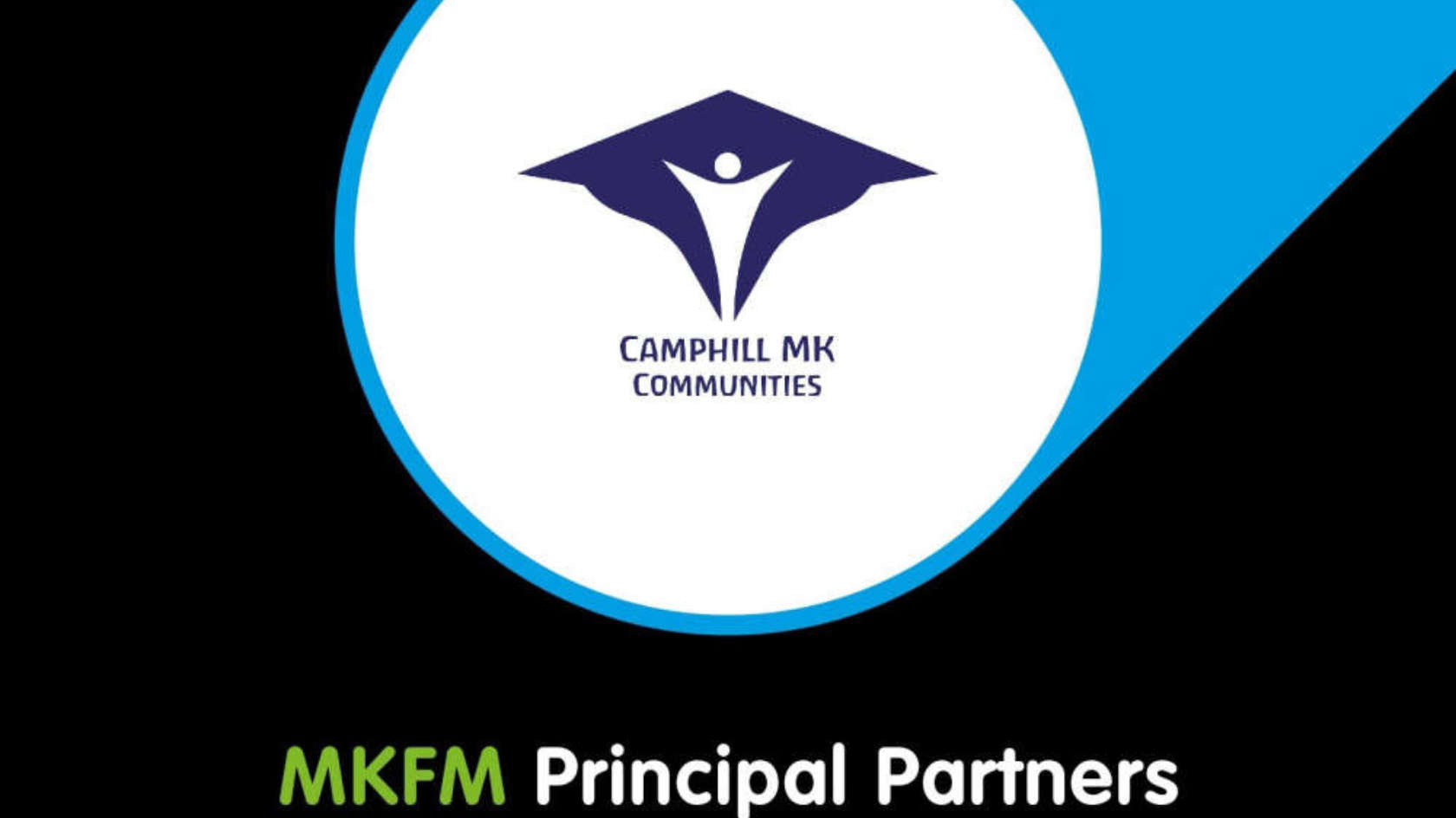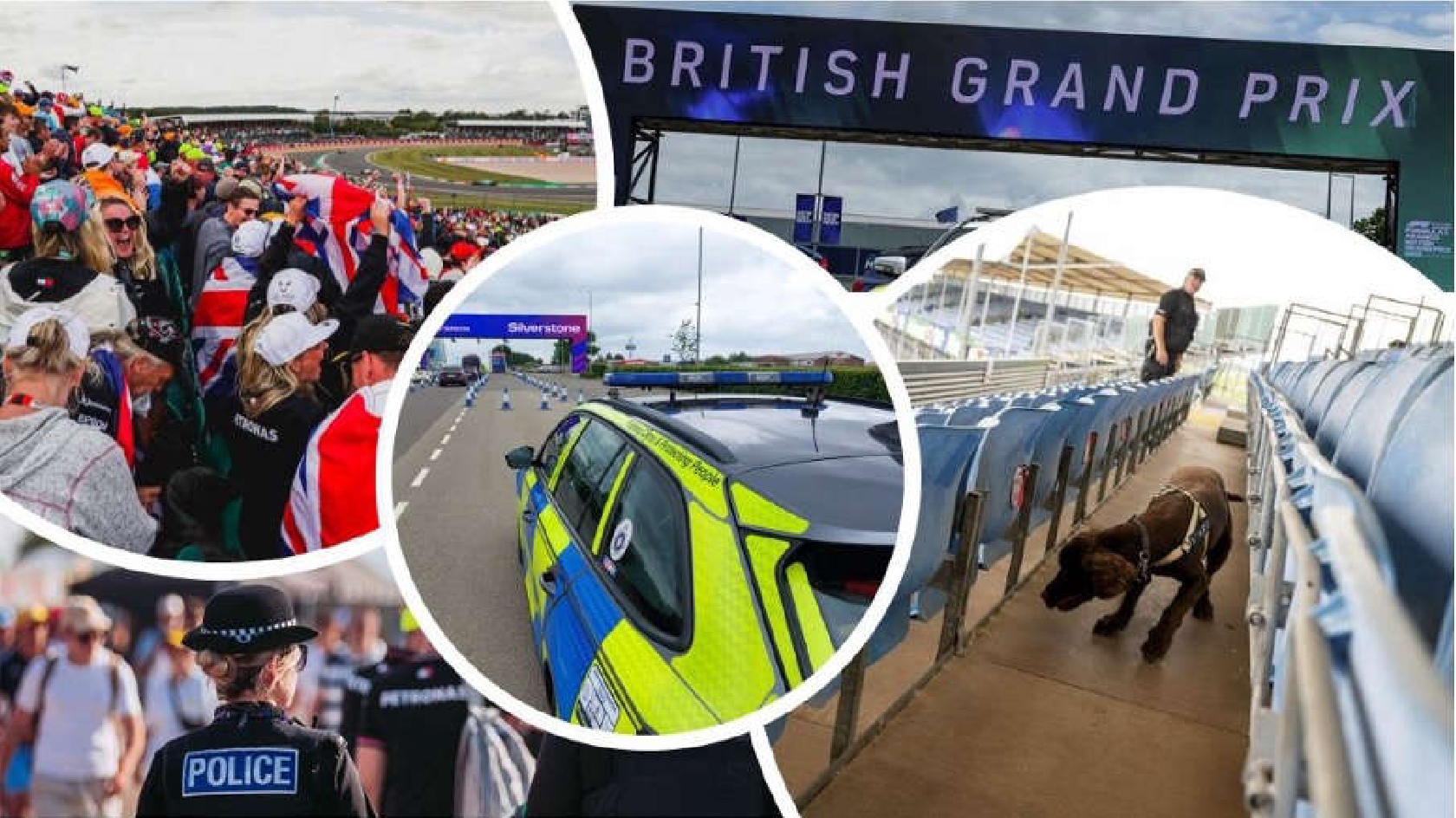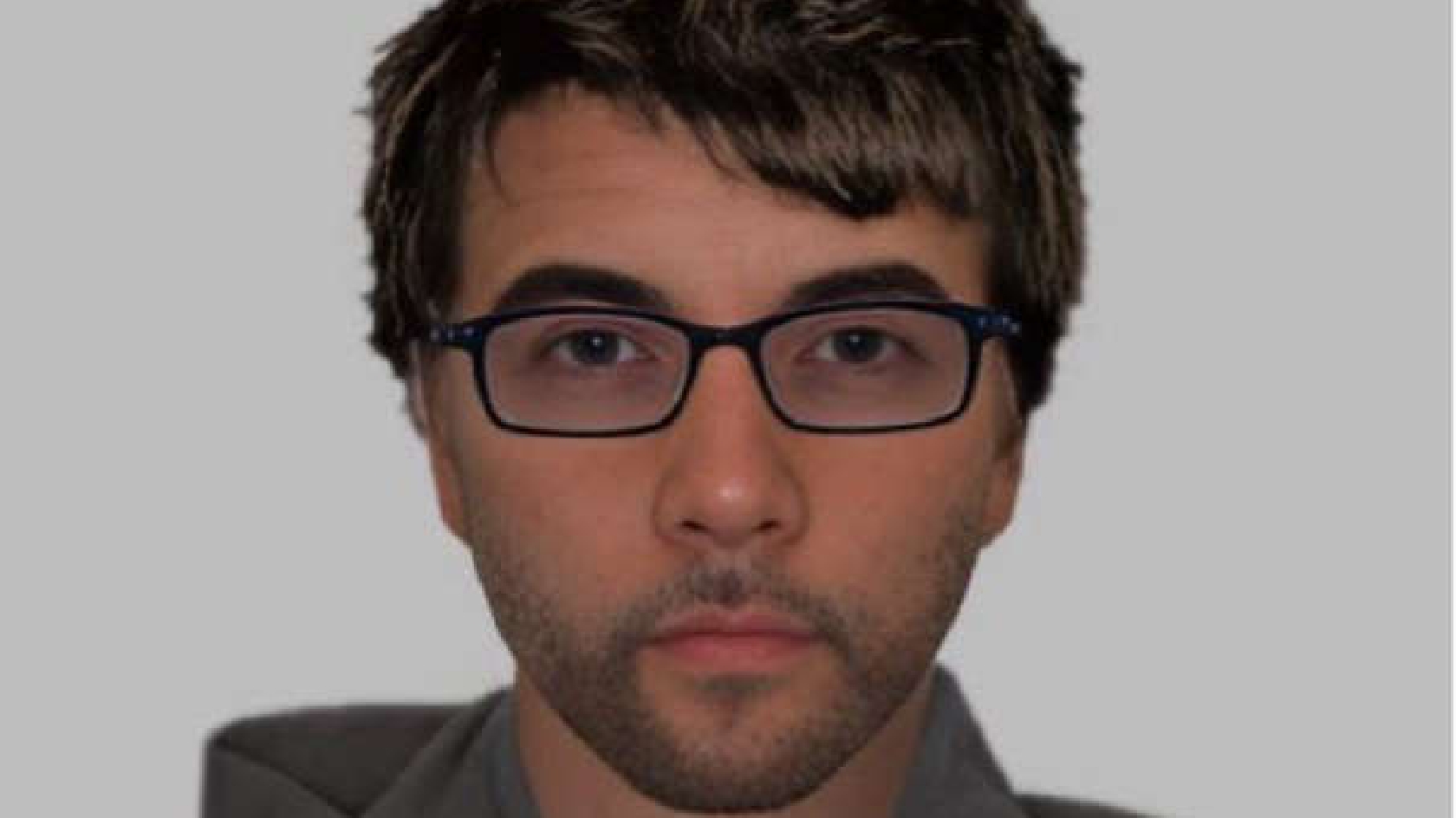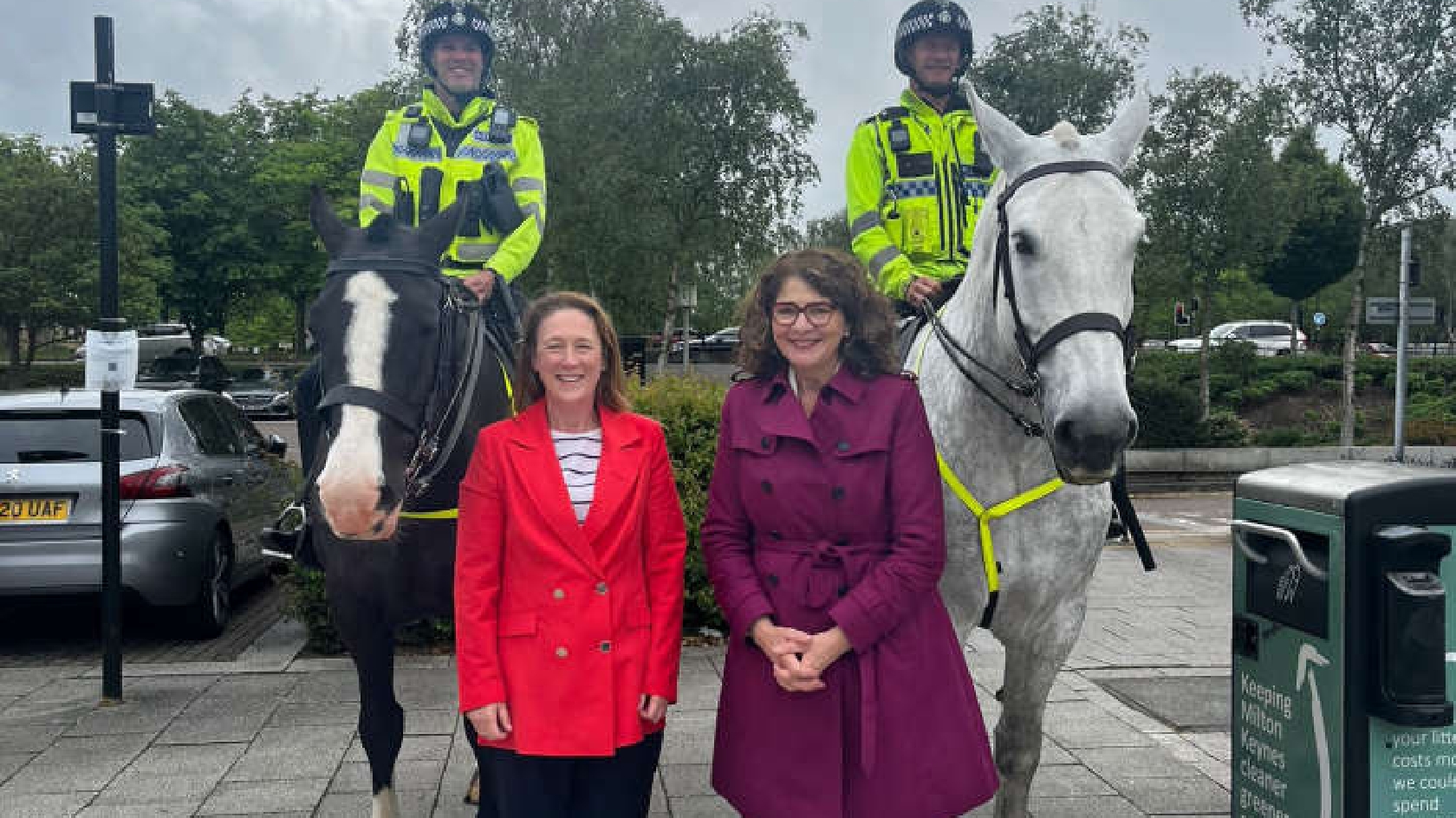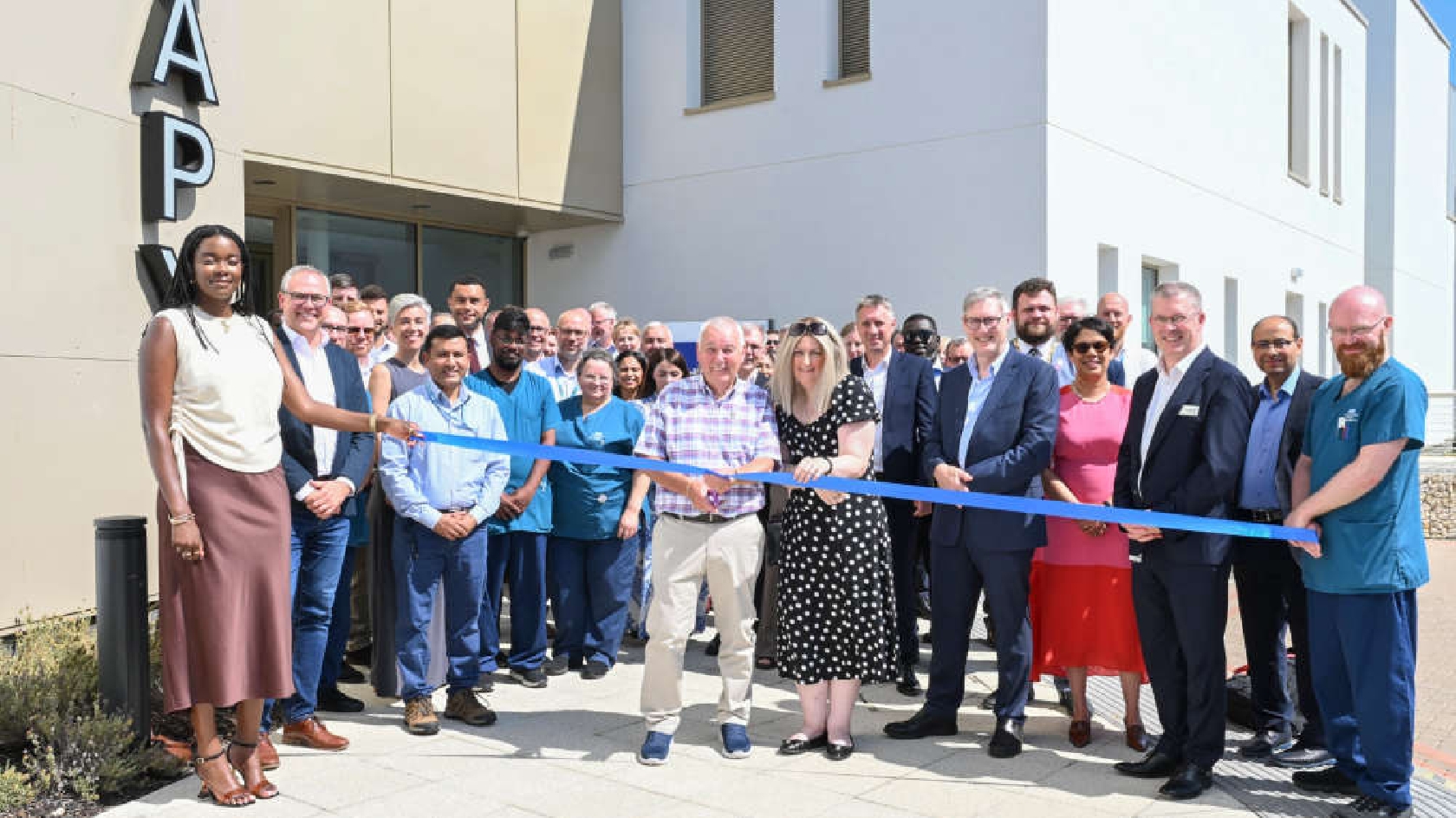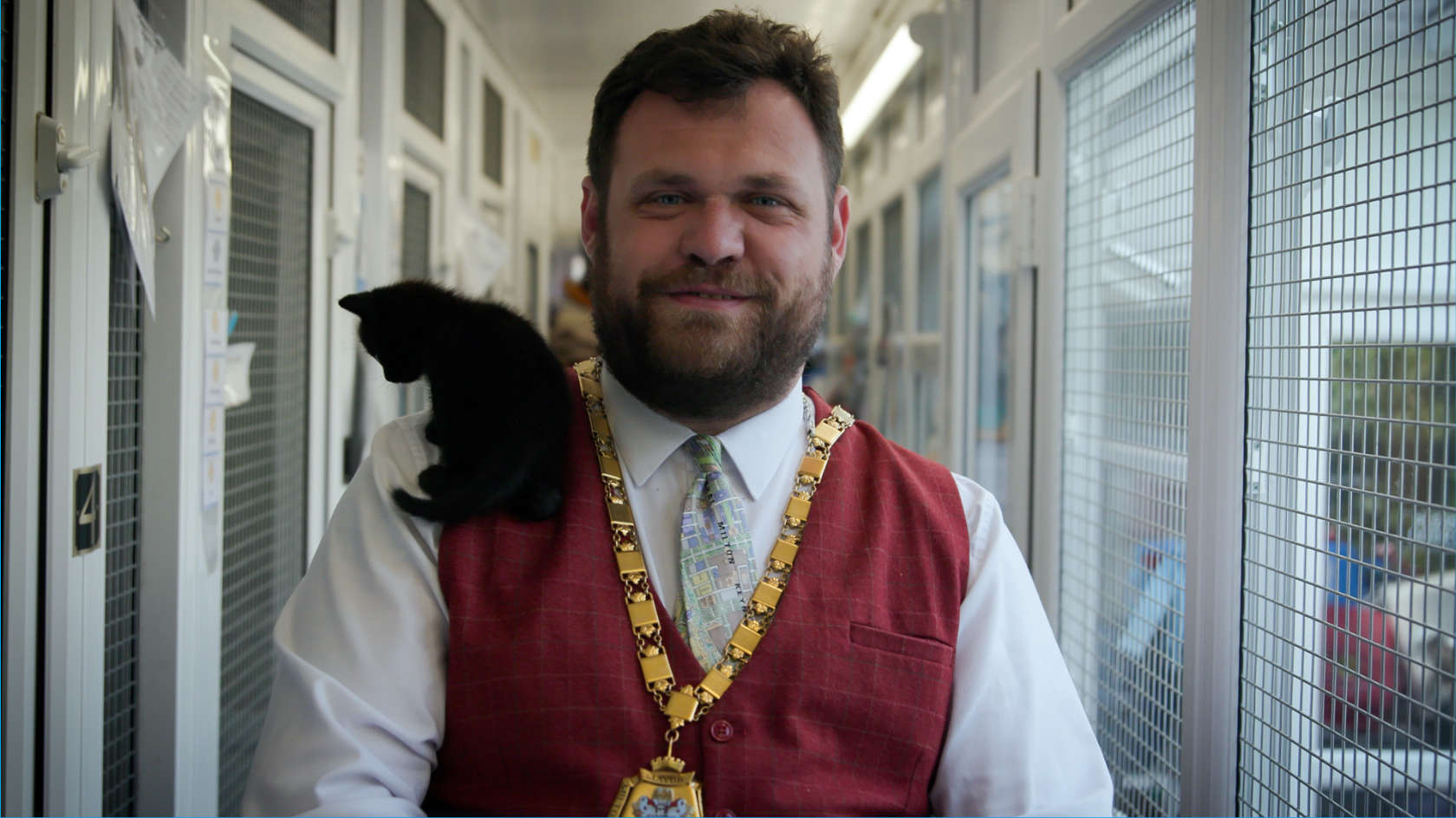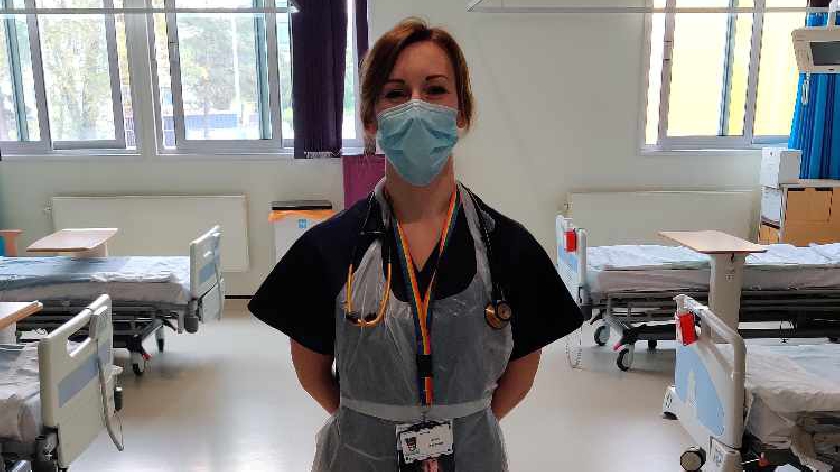
An oncologist and Cancer Research UK-funded researcher has redeployed to the frontline in her home town of Milton Keynes to care for patients battling coronavirus in hospital.
Dr Alison Berner usually works at Barts Cancer Institute in London where she is completing a Cancer Research UK funded PhD Fellowship in colorectal cancer, but she said that as soon as she heard about COVID-19 she immediately wanted to help patients in her home town.
Now she is working on a COVID-19 ward at Milton Keynes University Hospital where she says morale is high despite the difficult circumstances.
Dr Berner said: “I was writing my 18-month report for my PhD and as soon as redeployment was mentioned I knew I wanted to do it.
“It had been over a year since I’d done any general medical shifts and I did feel a little anxious so I used webinars to revise my general medicine knowledge and spent time in the oncology ward at the hospital to get up to speed on systems before starting work on the COVID-19 ward.
“I’m finding the hospital so friendly and genuine with a real collegiate environment and no hierarchy as we all pull together to give patients the very best care possible. We are all working hard to keep morale high in very difficult circumstances.
“We’re working longer hours than usual but there is a continuity of staff which means that communication is great and we can follow patients closely.
“As an oncologist I’m obviously experienced in end of life care but it is still very hard to see a small number of younger patients dying when we are doing everything we can to help them.
“I’m fortunate that I can be useful at this time. It does feel unusual for the hospital to still have capacity with Milton Keynes not seeing COVID-19 in as high levels in some other areas, for example some London hospitals. I think it’s important people know that we are still able to treat patients with other medical problems if they feel they need us.”
“The important thing to focus on is that we have been able to make many people better.”
Dr Berner says she had to self-isolate after her lodger, an A&E nurse, contracted COVID-19 but thankfully he has recovered well and is back at work and she didn’t develop any symptoms.
Life outside the hospital ward is busy as Dr Berner’s research work still needs to be written up and she takes one day a week to work on her Cancer Research UK funded PhD which looks at why some patients live longer than predicted with advanced bowel cancer.
She said: “My PhD supervisor has been very supportive and understands that after working in the COVID-19 wards we might have changes in our mental state and it’s ok if we have to show some self-compassion and take a day away from study. I believe that spreading the focus of my medical knowledge is a good thing and will make me a better oncologist in the long run.
“I think it’s really important to take time to disconnect from work. I used to do lots of social activities like Latin dancing and although I can’t go out to classes I can practice at home, and I’m still able to do yoga and HIIT training which helps to destress.
“Another thing that has really helped me is still feeling very connected to my CRUK lab colleagues. We have a daily lab catch up by Zoom, a lab meeting on Thursday afternoons and even stay online for a chat on a Thursday evening! I’ve been surprised how close you can feel to people even when you are not physically together.”
In more normal times Dr Berner also has another role as a specialist registrar in Gender Identity, where she specialises in treating transgender cancer patients at the Tavistock Gender Clinic.
She said: “I’m the only oncologist working specifically with transgender people in the UK. There are particular risks that this group of people have in relation to cancer – for example, transgender men can miss out being screened for cervical cancer or testosterone intake might need to be stopped when it interferes with certain cancers that are affected by hormones.
“There is also general confusion about using the right pronouns for patients so education is needed around that in the medical community. Amid COVID-19, more than ever, there is a higher rate of alcohol and other substance abuse, smoking and obesity in the LGBT+ and trans community for lots of reasons and that can increase cancer risk.”
Dr Berner said that she was concerned that people with cancer symptoms may be reluctant to seek medical help now because they felt they shouldn’t overwhelm the NHS at this time and that new cancer diagnoses were down as a result.
She added: “You should still contact your doctor if you notice a change that isn't normal for you or if you have any possible signs and symptoms of cancer. Even if you're worried about what the symptom might be, or about getting coronavirus don't delay contacting them. Your worry is unlikely to go away if you don't make an appointment. The symptom might not be due to cancer. But if it is, the earlier it's picked up the higher the chance of successful treatment.”
